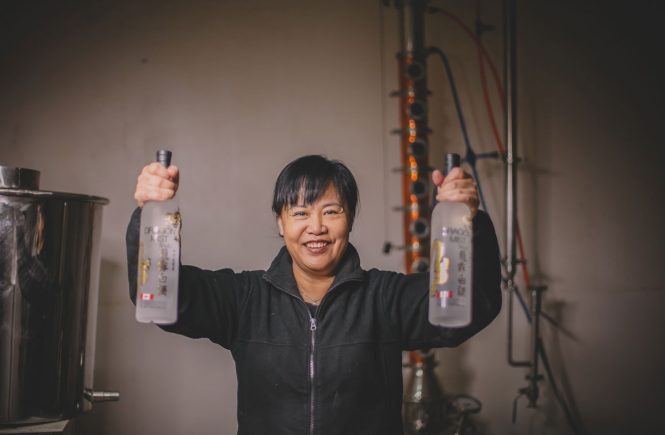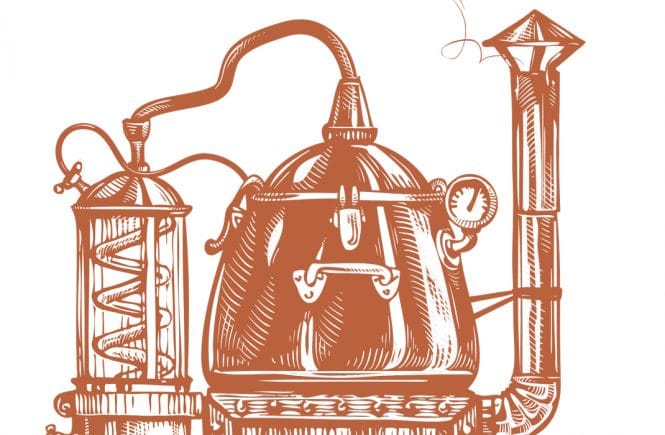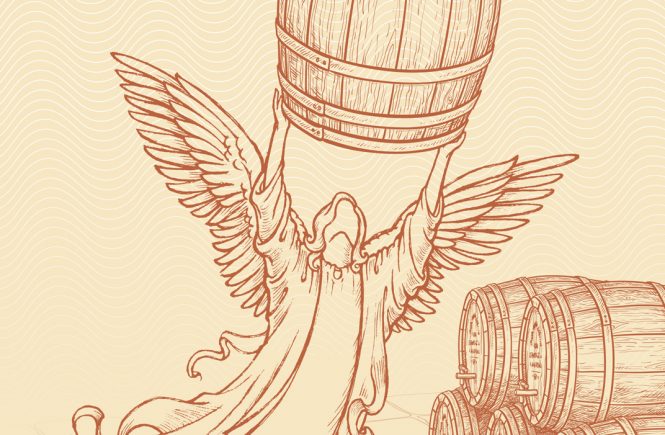B.C. craft baijiu brands bring the ancient Chinese spirit to modern imbibers
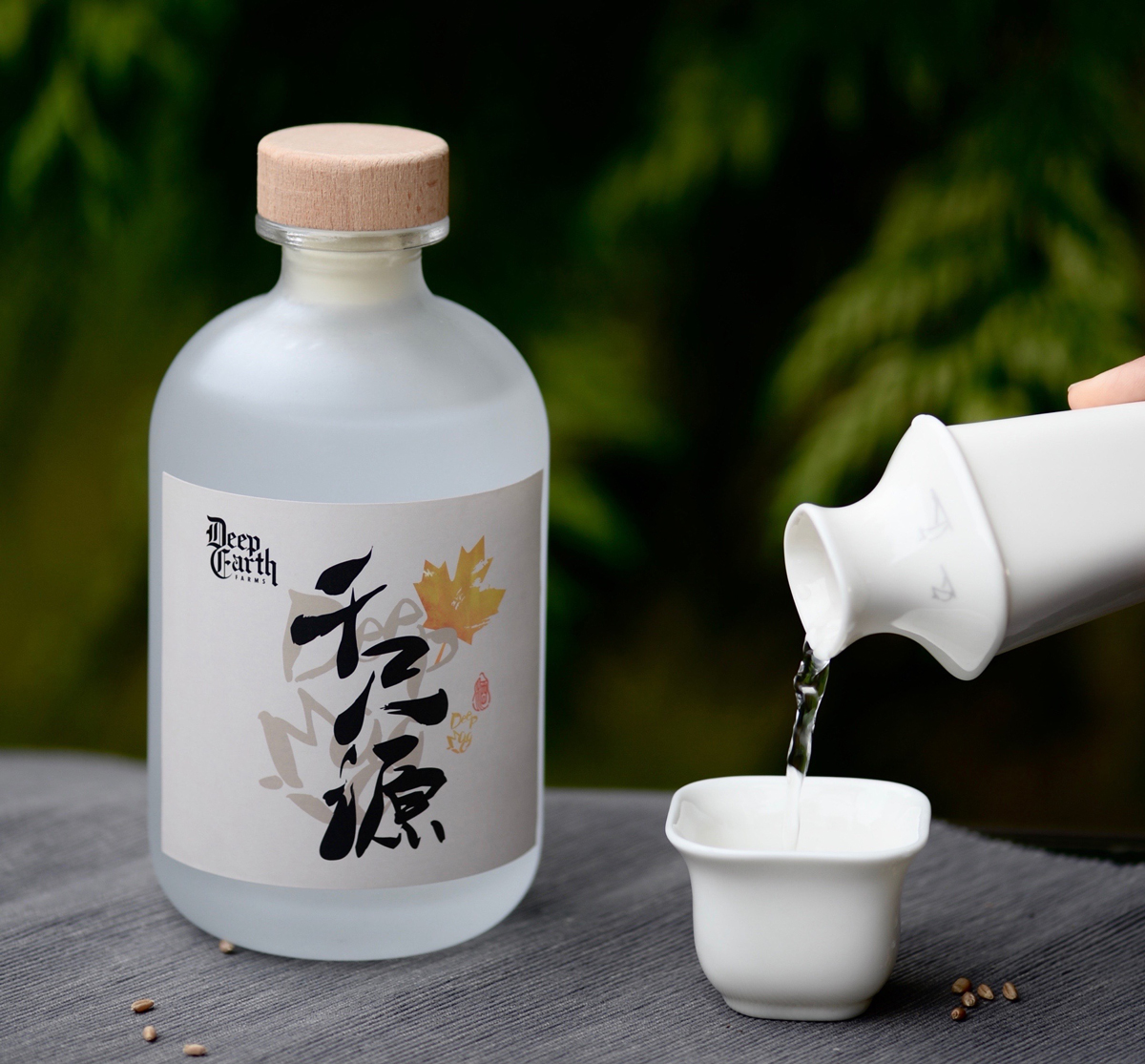
It can taste of soy sauce and mushrooms, damp earth or overripe fruit. It’s fermented in earthen or stone pits, and even aged in baskets coated with pigs’ blood. Its styles are categorized by words like “strong,” “sauce” and “medicine” aromas.
But despite the challenges it might pose for western palates, baijiu (pronounced “by-joo” or “by-joe”) is the new bartender candy. Now two B.C.-made versions of the Chinese spirit—Canada’s only craft baijiu—are helping to bring an ancient spirit to the modern bar.
Baijiu is made from grains such as wheat, rice, corn and especially sorghum, but they’re not fermented in a familiar, yeasty liquid like beer and other spirits are. Instead, fungi and other micro-organisms are cultured on grains and pressed into balls or bricks called qu (pronounced “chew”). Mixed with grains in covered pits or containers for weeks or months, qu slowly ferments the grains into alcohol. The mixture is then steam-distilled (picture something like a giant steamer basket) to concentrate the alcohol into high-proof spirits.
“Baijiu is kind of the newest and oldest trend,” says bartender Alex Black, who stocks around 30 types of baijiu at Vancouver’s Laowai. He serves it in cocktails and in tasting portions—very unlike its consumption in China, he says, where straight, room-temperature shots go with food, often to loud toasts of “Ganbei!”
On Laowai’s menu is Deep Magic baijiu from Deep Earth, a craft distillery in Lindell Beach, B.C. “It is the perfect baby step to start,” Black says. “It doesn’t have all the crazy funk. It’s a great complement to everything else on our menu. And it starts a conversation around a local family, and supporting them.”

Owner Samuel Sun landed on Deep Earth’s Fraser Valley location because of the high-quality underground water and wheat (some of it grown on the property) there. A biologist with a background in food science, Sun (through his son and translator, Alex Sun) says, “We combine traditional techniques with modern technology.” That means using qu from China’s Shanxi province, but fermenting his wheat in a tank for up to a month to create nuanced flavour. He runs it through a modern steam-jacketed pot still, then bottles it at 48 per cent alcohol by volume (on the lower side for the ordinarily high-proof spirit).
The result, as Black describes it, is “a little creamy, and silky on the tongue. It has a floral aroma, with a little bit of citrus. There’s good heat on the palate, and a nice cereal finish.” Compared to Chinese baijiu, Deep Magic is fresh and crisp, somewhat reminiscent of a craft white whisky or grain vodka, but more aromatic.
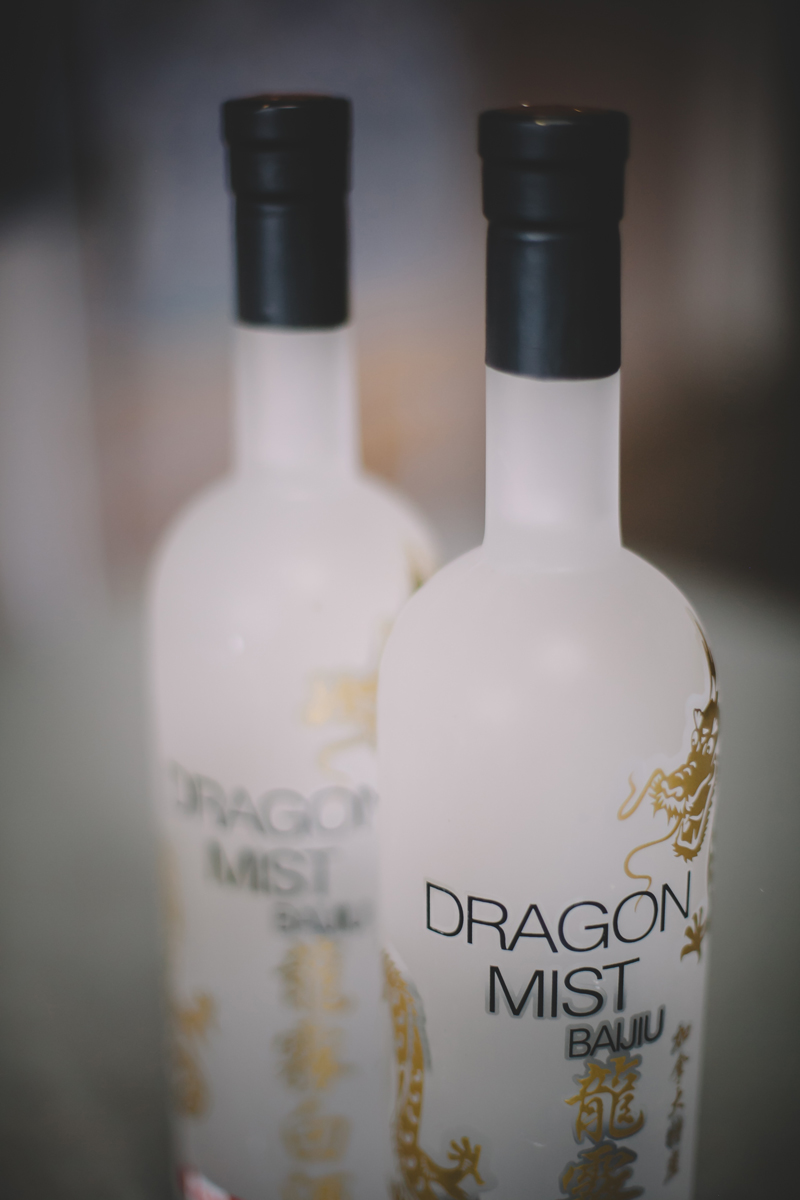
Dragon Mist, the pioneering distillery that opened in Surrey in 2013, made the first B.C. baijiu. Distiller Sherry Jiang, a medical doctor by training, also uses modern methods to create clean flavours. Dragon Mist baijiu is also made from B.C. wheat and fermented in stainless-steel-lined cement tanks for six weeks, then steam-distilled and bottled at 56 per cent alcohol by volume. It tastes of fresh, toasty grain with a whiff of clean minerality and earth, leaving a slight anise note on the warm finish.
Even with modern adaptations, venerable production traditions create unique, flavourful spirits. Bartenders, Black says, “really need to rethink the rules” to use baijiu in cocktails. For example, his Snakes on a Crane cocktail balances strong-aroma baijiu with texture from sesame orgeat and brightness from rice vinegar.
Black believes B.C. craft baijiu can be a success, “if bartenders can get on board and champion the product, and put some time and effort into rethinking our classic ratios and our flavour profiles.” Ganbei!


